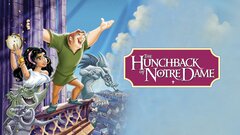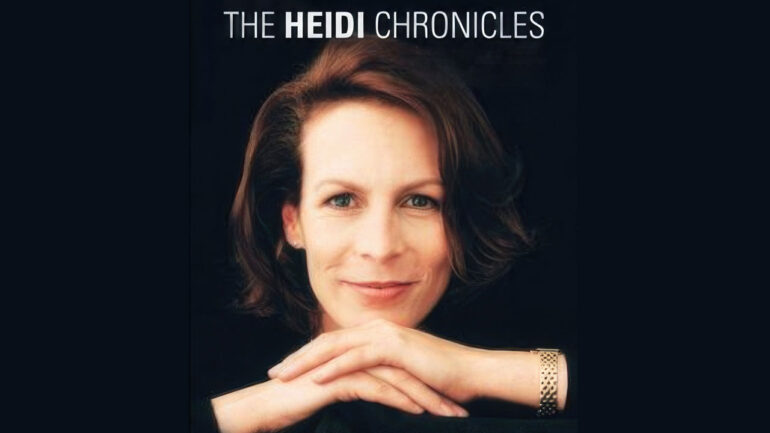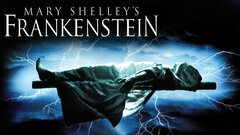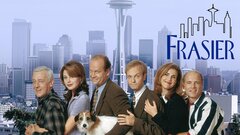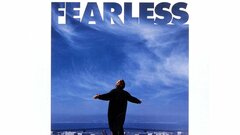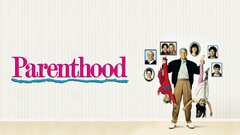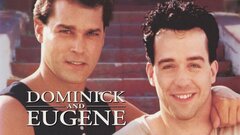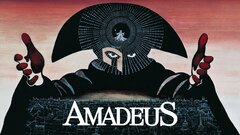Choosing to follow his own career path rather than what might be expected of him, Tom Hulce has appeared shown a marked preference for stage roles over TV and films. But his screen work has often been of high quality, even if the projects have met with mixed critical reception.
The auburn-haired Hulce has matured from a cute, seemingly lightweight actor into a mature, versatile character player. Raised in Michigan, he studied theatre at the North Carolina School of the Arts. Within a month of moving to NYC, he had been chosen to understudy Peter Firth in the Broadway production of Peter Shaffer's "Equus," eventually succeeding the actor in the role of a troubled young man with an unhealthy attachment to horses. He next appeared onstage with Meryl Streep and John Lithgow in "A Memory of Two Mondays" (1976) and he has continued to rack up impressive stage credits throughout the US and in London. Other notable roles include Romeo in "Romeo and Juliet" (1981), Daniel in "The Rise and Rise of Daniel Rocket" (1982), Ned Weeks in Larry Kramer's landmark AIDS drama "The Normal Heart" in London (1986) and the lawyer Daniel Kaffe in the Broadway premiere of Aaron Sorkin's "A Few Good Men" (1990). The latter earned Hulce a Tony nomination as Best Actor in a Play.
Hulce made his film debut as a Southern deeply affected by the death of actor James Dean in James Bridges' "9/30/55" (1977) but came to prominence the following year as Larry 'Pinto' Kroger, one of the eager new pledges in John Landis' "National Lampoon's Animal House." He followed with a turn as a naive actor experiencing summer stock and the ego of fallen star Frank Langella in "Those Lips Those Eyes" (1980). It took director Milos Forman to elicit a bravura performance from Hulce as the spoiled but gifted Mozart in "Amadeus" (1984), a role that earned him a Best Actor Oscar nomination. Eschewing high profile Hollywood features, Hulce followed with the mildly interesting "Echo Park" (1985), as a pizza delivery man who aspires to be a poet, and Wayne Wang's convoluted but interesting thriller "Slamdance" (1987), as a cartoonist caught up in murder. Teamed with Ray Liotta, Hulce delivered a delicately nuanced portrait of a slow-witted garbage collector in "Dominick and Eugene" (1988). In Ron Howard's "Parenthood" (1989), he was the wayward son at odds with his crusty father (Jason Robards). He seemed out of his element as Stalin's projectionist in Andre Konchalovsky's "Inner Circle" (1991), but rebounded in several strong supporting roles. He was the smarmy lawyer working with plane crash survivors in "Fearless" (1993), Victor Frankenstein's friend, providing some levity to Kenneth Branagh's somber "Mary Shelley's Frankenstein" (1994) and the French writer Antoine de Saint-Exupery in "Wings of Courage" (1995), the first dramatic feature shot in IMAX 3-D. In 1996, Hulce had what is probably his most successful role to date, providing the speaking and singing voice for the deformed Quasimodo in Disney's animated "The Hunchback of Notre Dame."
On the small screen, Hulce has been seen sporadically, but in generally high quality programs. He made his debut in "Forget-Me-Not Lane" (PBS, 1975), portrayed a retarded youth in "Emily, Emily" (NBC, 1977) and recreated his stage role in the PBS version of "The Rise and Rise of Daniel Rocket" (1986). In 1990, he co-starred with Blair Underwood, Josh Charles and Jennifer Grey in the true story of the deaths of three civil rights workers in the South in "Murder in Mississippi" (NBC, 1990). Looking slightly paunchy, Hulce offered strong support as a gay pediatrician who is a lifelong friend of Jamie Lee Curtis' Heidi Holland in the TNT version of Wendy Wasserstein's Pulitzer Prize-winning "The Heidi Chronicles" (1995), for which he earned a 1996 Emmy nomination as Best Supporting Actor.






